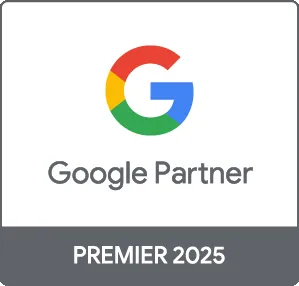In today's digital landscape, effective paid search management is crucial for driving traffic, increasing conversions, and maximizing your return on investment (ROI). With the right strategies in place, businesses can leverage platforms like Google Ads to reach their target audience effectively. This comprehensive guide explores the best practices for paid search management, helping you refine your campaigns, optimize ad performance, and achieve your marketing goals.
Understanding Paid Search Management
Paid search management involves the strategic planning, execution, and optimization of paid advertising campaigns on search engines. It encompasses various elements, including keyword research, ad copy creation, bid management, and performance analysis. Utilizing paid search can provide immediate visibility for your brand and facilitate sustained growth if managed effectively.
Key Components of Effective Paid Search Management
1. Comprehensive Keyword Research
Keywords are the foundation of any successful paid search campaign. Focus on:
- Long-Tail Keywords: Target specific phrases that may have lower competition but higher intent.
- Negative Keywords: Exclude irrelevant keywords to prevent wasted spend on non-converting traffic.
- Keyword Analysis Tools: Utilize tools like Google Keyword Planner to discover and assess keyword potential.
2. Compelling Ad Copy
Your ad copy is what attracts clicks. Incorporate these best practices:
- Strong Call-to-Action (CTA): Encourage users to take action with phrases like 'Shop Now' or 'Get a Free Quote'.
- Highlight Unique Selling Propositions (USPs): Showcase what sets your brand apart from competitors.
- A/B Testing: Continuously test different variations of ad copy to determine what resonates best with your audience.
3. Bidding Strategies
Selecting the right bidding strategy can greatly influence your campaign's success:
- Manual Bidding: Provides full control over bids for each keyword, ideal for experienced advertisers.
- Automated Bidding: Google’s machine learning tools can optimize bids based on specific goals.
- Target CPA (Cost Per Acquisition): Focus on minimizing costs while maximizing conversions.
4. Ongoing Performance Analysis
Regularly analyzing campaign performance is essential:
- Utilize Analytics Tools: Make use of Google Analytics to measure conversions, bounce rates, and user engagement.
- Monitor Key Metrics: Track metrics such as Click-Through Rate (CTR), Conversion Rate, and ROI.
- Refine Strategies: Adjust your keyword targeting and ad spend based on performance data.
Conclusion
Implementing the best practices for paid search management not only enhances your marketing efforts but also drives measurable results for your business. By focusing on keyword research, crafting compelling ad copy, employing smart bidding strategies, and continuously analyzing your campaign performance, you can achieve optimum success in your paid advertising endeavors. At Prebo Digital, we specialize in paid search management, ensuring that your campaigns are optimized for success. Contact us today to learn how we can help elevate your PPC strategy!





